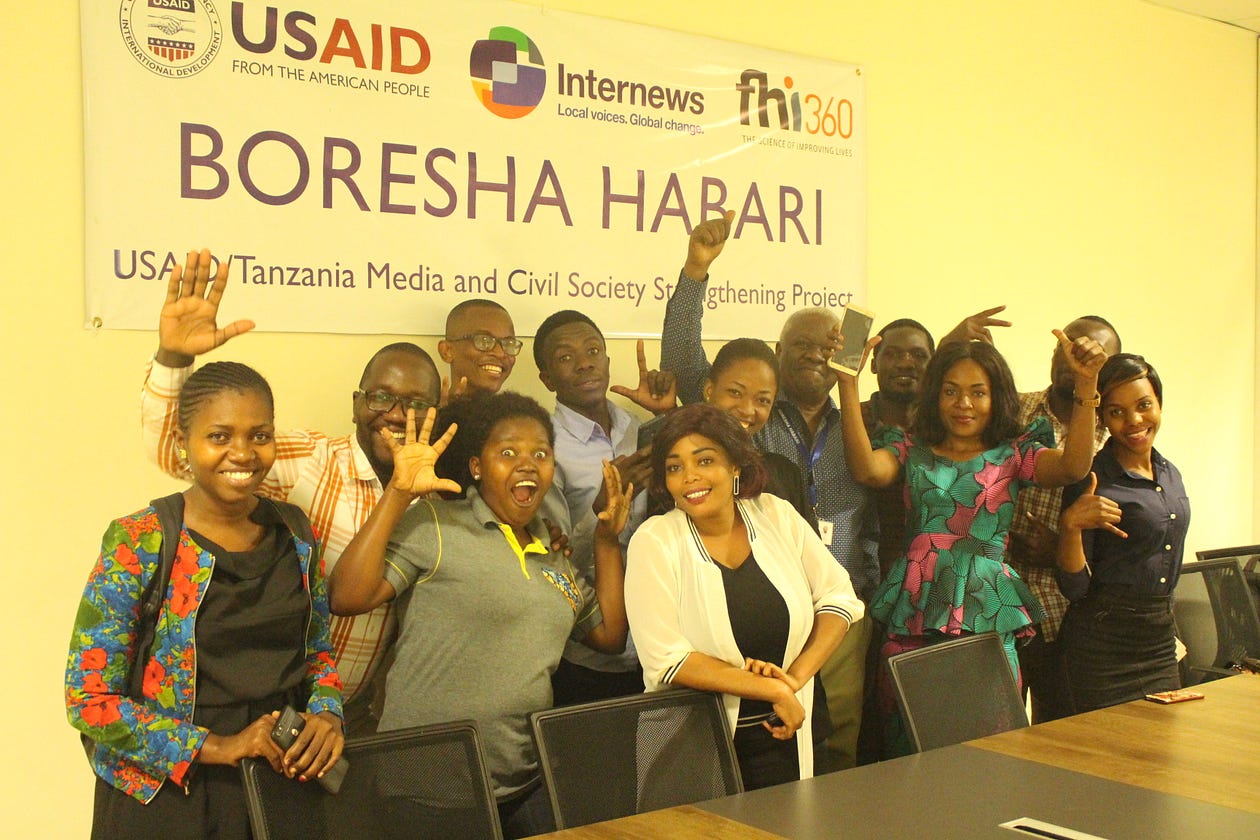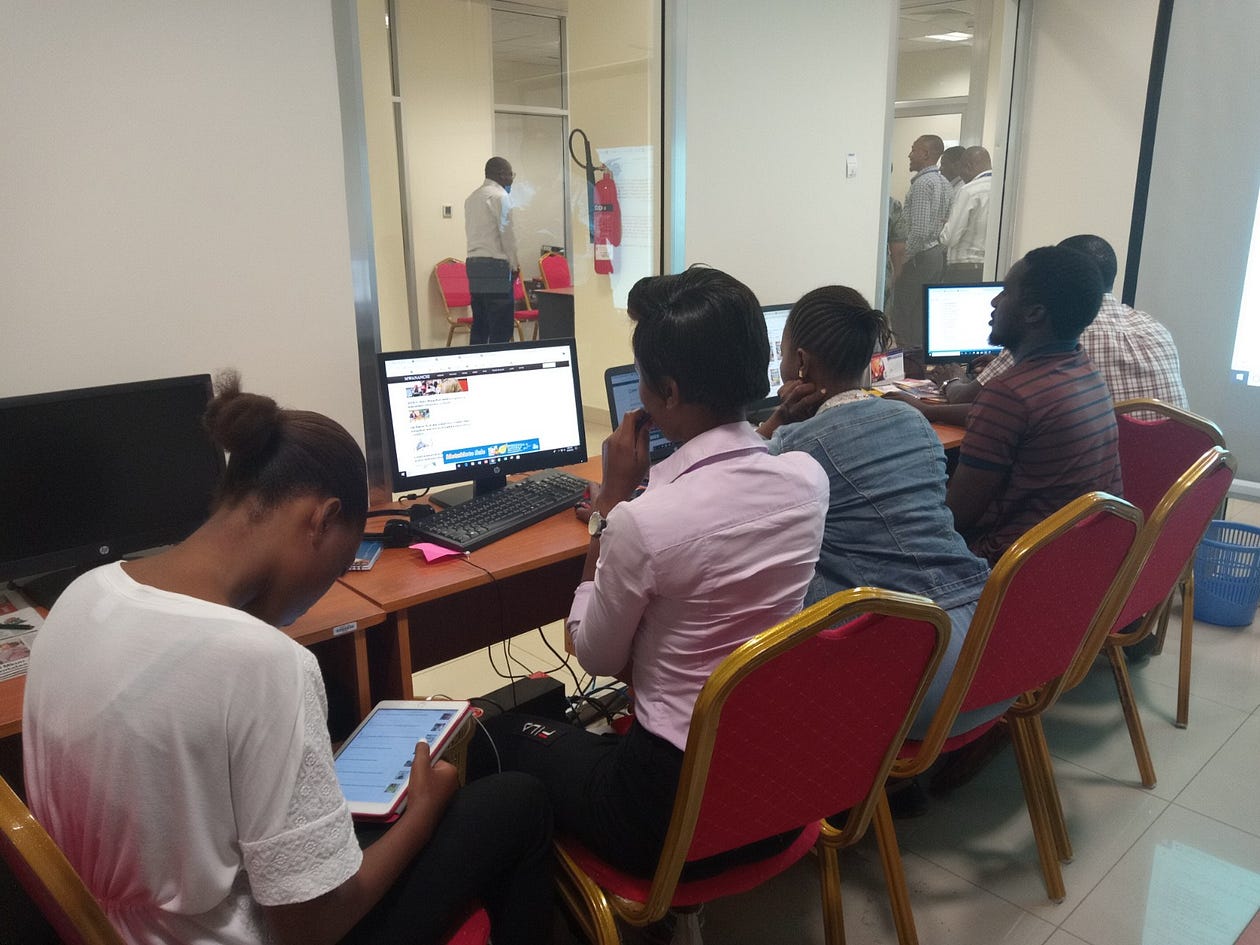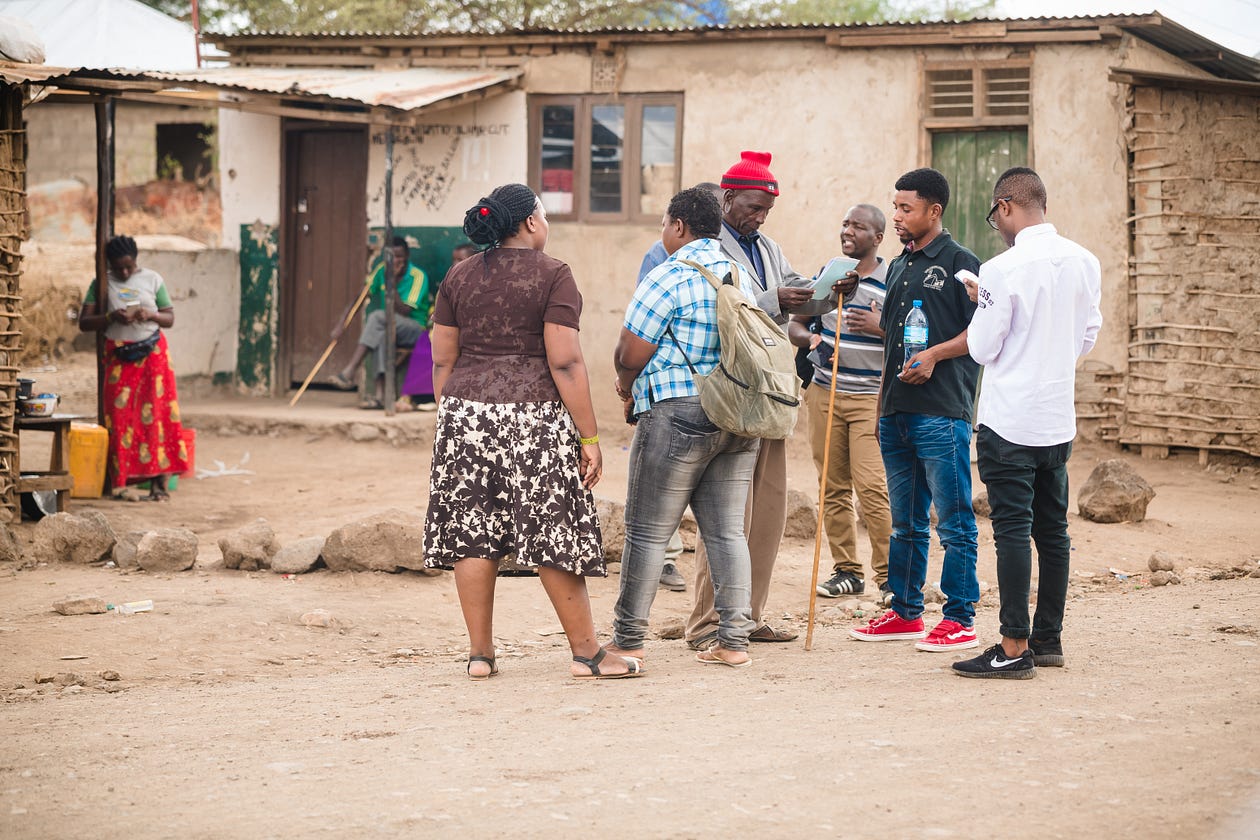We are in the world were the power to publish and feed people with information is right at our fingertips. A world where anyone, anywhere can publish and give information to the mass without considering the message given.
As technology removes barrier to publish and spread information, there are some people who deliberately produce and spread false news for their own motives. For some who can’t distinguish what is true and what is not, often found themselves consuming fake news which sometimes have serious impacts on their lives and businesses.
Why do we care about fact checking?
In the middle of information that seem to raise doubt among people, with the efforts kept to find the truth from credible sources of information that is what we simply state as Fact checking. It an individual or institutional efforts to find the truth on the problematic information.
Journalists are among the most affected people as they get exposed to lots of information on board of which is up to them to decide to report as they receive, filter or fact check the information consumed.
The role of a journalist is to provide daily newsworthy information to the audience. Any mistake by a journalist to publish fake news, will completely reduce his or her reputation as well as erode the media credibility. Fact checking is what rescue him from the mess.

The hidden diamond in the sand
Fact checking can be the hidden diamond in the sand to many journalists and media houses because it provide impactful content due the ever increasing spread of fake news.
Fewer people, including businesses, takes the trouble to fact check information they consume.
The impact of fake news to people’s lives and business development should not be underscored.
Just think how an individual or organisation could demise due to certain kind of rumour spread and how fact checking could at least heal the wound. We have already seen some of people taking bad decisions just because they consumed fake news.
Unlike the past where many media outlets used to ignore fact checked news because it does not have the truthful materials, currently fact checked stories are worth reporting. We need to tell people what you have seen online is not true. It is a lie and don’t do any decision based on that.
It adds journalist’s reputation
The ability of an organization to practise and reveal the hidden diamond simply maintains the company’s reputation and credibility. Fact checking creates reputation in a way that as a journalist there are things you avoid like plagiarism and misinformation. When a media house hosts reputable journalists, its content becomes more credible and it adds more audience which is key to the business growth.

It protects news organizations from unnecessary legal suits
Many companies today, may have seen the power of fact checking due to its role in protecting them from unnecessary defamation, invasion of privacy or using copyrighted materials.
The danger with fake news is that sometimes carries serious defamatory content that is highly likely to attract more legal suits against the journalist as well as the media published it. Fact checking can protect from all these disturbances to the company and save time and money to develop impactful news content.
Fact checking is becoming more easy
Unlike the past, fact checking is becoming more easy due to the ongoing innovation on tools and techniques to detect lies. With a click on a computer one can identify fake images, videos and websites. Also, there are many techniques now journalists share online to uncover fake news across the world of which some are involving normal investigative skills.
Therefore, one of the most important tasks that a journalist should have is to learn and study the skills needed in order to attain the level of perfection needed in fact checking.
As a journalist, the value of what you report or feed the society depend on the facts that lie on your article or news story. Also, the ability to find information from multiple sources in order to verify the information you are processing, make you more valuable and credible than anyone.

To ensure Tanzanian journalists acquire these skills, Nukta Africa, has launched a series of fact checking training sessions to journalists and public relations professionals to help them curb fake news. Media development organizations are encouraged to fund training for journalists or media houses which cannot afford our 50 percent discounted fees.
The newly launched course is part of our assignment to accomplish its vision of transforming people’s lives by using digital and data-driven tools. In this short course, of between three-to-five days, journalists learn how to use digital tools and advanced tools in finding the truth before reporting.